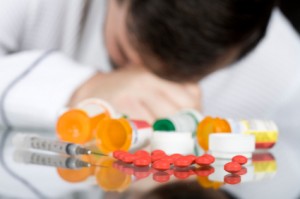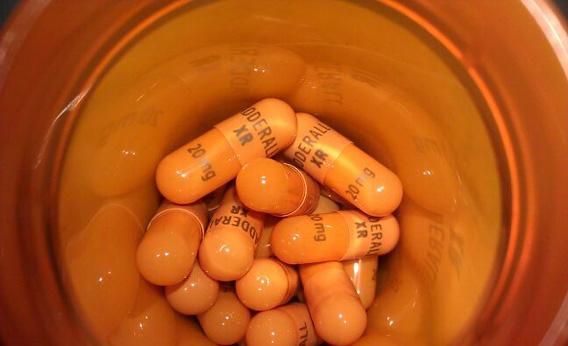Treatment Options for Stimulant Withdrawal
As with most drugs, there are many options and steps for treating withdrawal from stimulants. Many people might choose to seek help at a rehab facility, but this usually depends on the length of the addiction and the level of the drug abuse. For high level stimulant abuse, a person should be treated in an inpatient facility where he or she will have a structured environment and around-the-clock care.
Detoxification

Treatment can help you cope with the withdrawal symptoms from stimulants.
At inpatient treatment facility, you will be cared for in a structured environment, away from the difficulties of everyday life. Here, it is much easier for the patient to focus on getting through withdrawal. Withdrawal from stimulants can be very difficult on the mind as well as the body, and the whole process can last two weeks (with some symptoms, like depression, lasting even longer) (The National Library of Medicine).
According to the NIDA for Teens, other symptoms of withdrawal from stimulants include:
- Disruptions of sleeping patterns (usually an uncharacteristically long amount of sleep to counterbalance alertness from the drug or insomnia)
- Depression and suicidal thoughts
- Fatigue and lack of energy
- Irritability
- Anhedonia (“the inability to experience pleasure”)
- Pharmacological Treatment
Inpatient programs work to ease a person through withdrawal, sometimes using medication in order to regulate symptoms. According to SAMHSA, “users with preexisting clinical depression become more depressed during withdrawal, and treatment with selective serotonin reuptake inhibitors may help.” Patients also may be treated pharmacologically for other withdrawal symptoms such as:
- Dysphoria
- Insomnia
- Agitation
- Anxiety
- Therapy
Once the more immediate symptoms of stimulant withdrawal have subsided, inpatient programs do not stop there. A patient at one of these facilities should expect to participate in therapy which will help with the longterm depression and cravings associated with stimulant withdrawal, while also giving a person a better understanding of his or her addiction and how to recover from it.
Hospitals or Clinics
If in an emergency situation, a person should absolutely be taken to a hospital or clinic to be helped through the process of withdrawal from stimulants. Some stimulants, like cocaine and methamphetamine, can create very strong feelings of depression and thoughts of suicide, so it is recommended that a person experiencing this be taken to a medical facility. If there isn’t time to take him or her to a treatment facility, doctors at a hospital can move the patient to a treatment facility after the withdrawal symptoms subside. This is highly recommended, as addiction cannot be overcome by merely treating withdrawal symptoms.
At Home
It is not recommended for someone to endure withdrawal from stimulants away from medical professions because, according to SAMHSA, “users may become suicidal or violent.” If there is no other choice, the best thing to do is to get rid of all drugs in your home and to distance yourself from others who may pressure you to go back to abusing stimulants. People undergoing withdrawal from stimulants will have strong cravings and be experiencing severe depression so it is important not to leave them alone.
Withdrawal from stimulants may not be as intense as other drugs, but it can still cause symptoms which are dangerous to the individual. Make sure to take your level of addiction into account when choosing a withdrawal treatment option.



